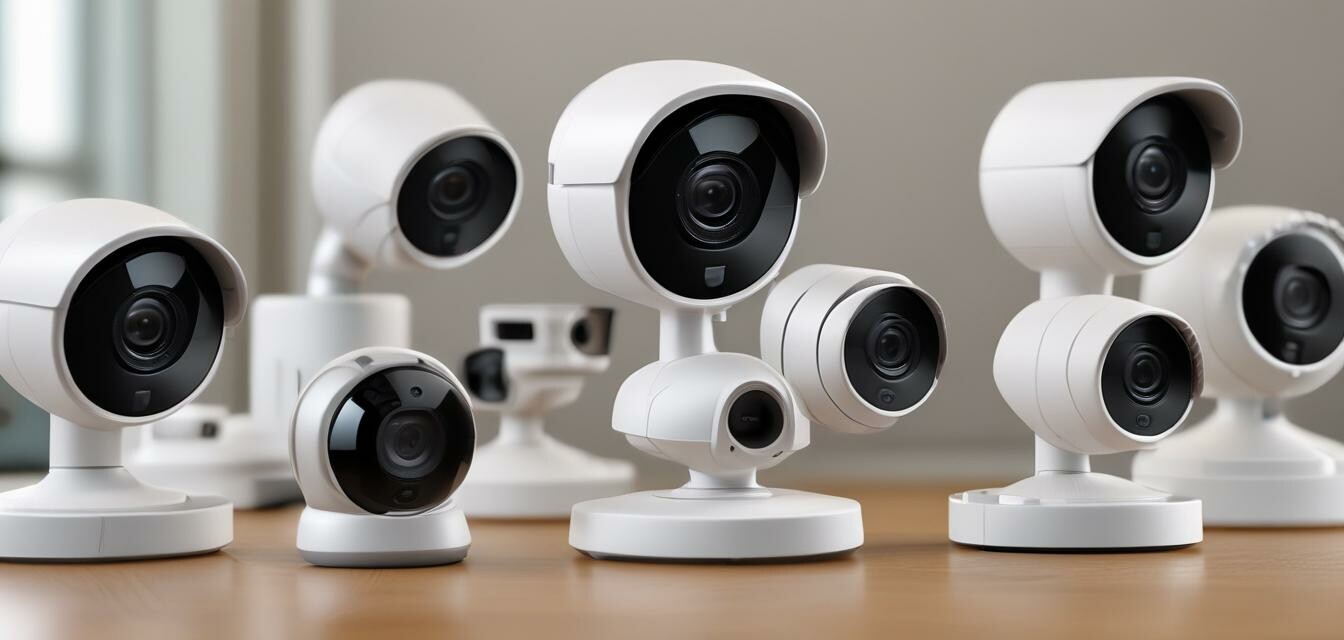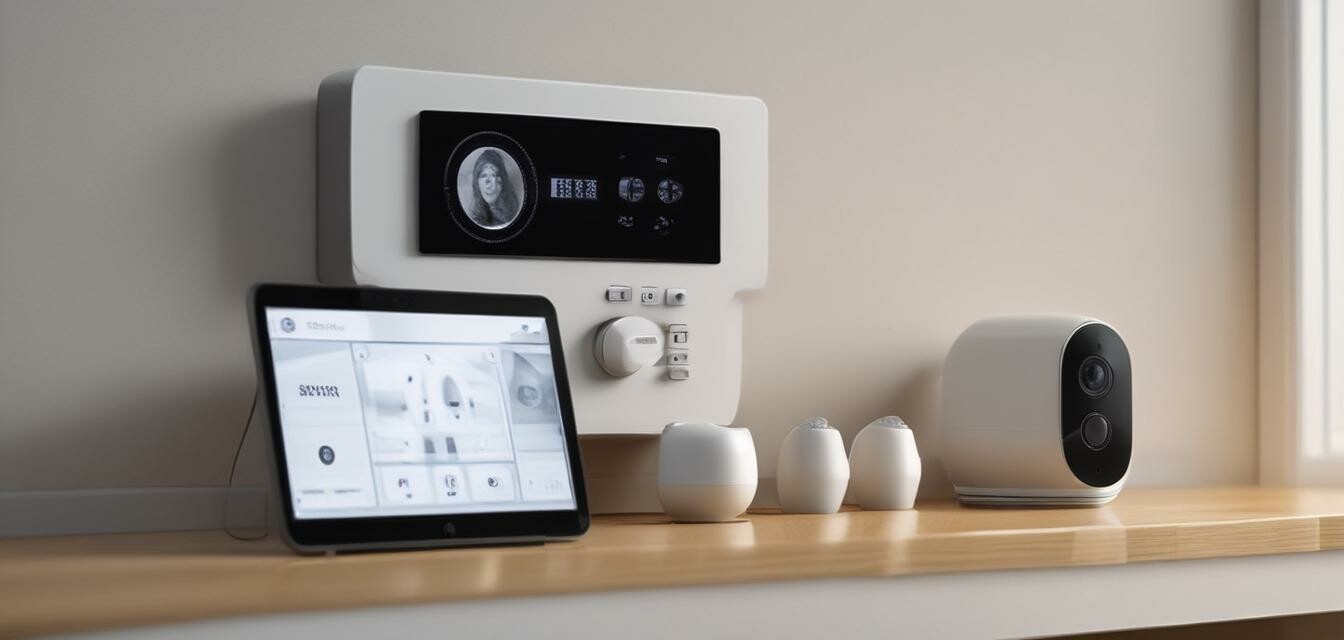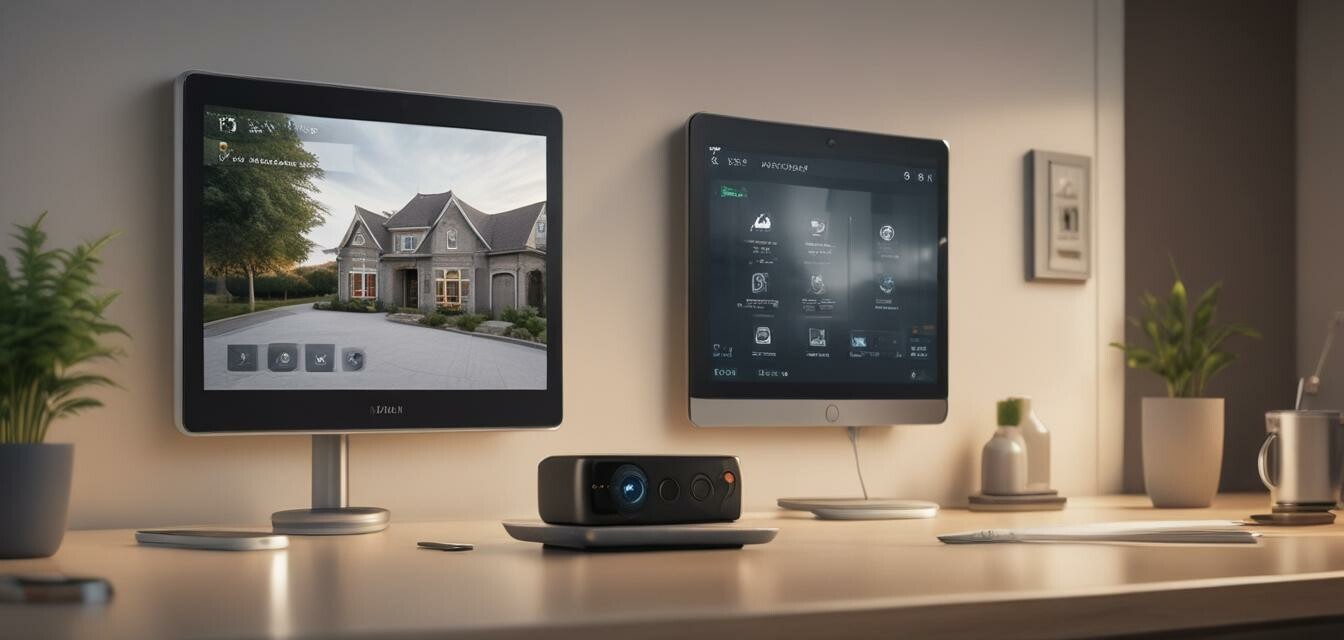
Automated Home Security Systems
Key Takeaways
- Automated home security systems enhance safety by integrating smart technology.
- These systems can include alarms, cameras, and motion sensors.
- Remote monitoring and control are significant advantages of automation.
- Integration with smart home devices improves overall home security.
- Choosing the right system depends on individual needs and budget.
Discover the latest in automated security systems for homes. As technology continues to evolve, so do the options for safeguarding our homes. Automated home security systems have become essential for homeowners looking to enhance their security while enjoying the conveniences of modern technology.
What Are Automated Home Security Systems?
Automated home security systems are integrated setups that utilize smart technology to monitor and protect residential properties. These systems typically include a combination of:
- Alarm systems
- Smart cameras
- Motion sensors
- Smart locks
Components of Automated Home Security Systems
| Component | Description |
|---|---|
| Alarm Systems | Devices that sound an alert when unauthorized access is detected. |
| Smart Cameras | Surveillance cameras that can be monitored remotely via smartphones. |
| Motion Sensors | Devices that detect movement and trigger alarms or notifications. |
| Smart Locks | Locking mechanisms that can be controlled remotely for secure access. |
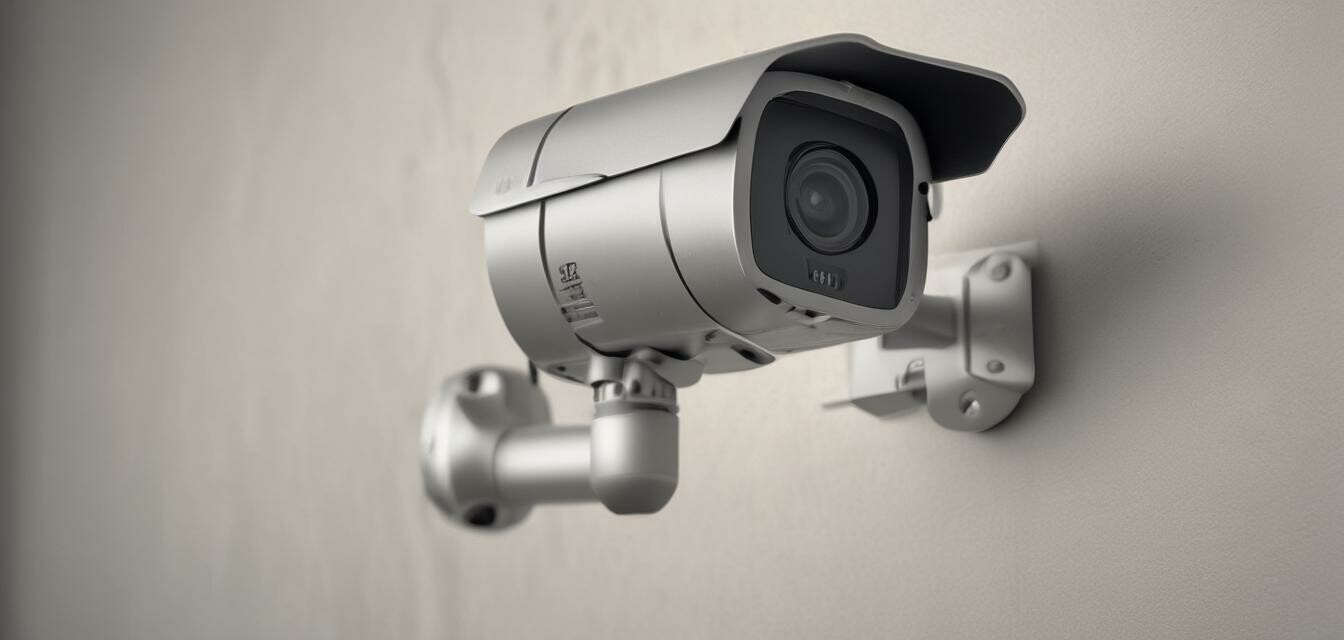
Benefits of Automated Home Security Systems
There are numerous advantages to investing in automated home security systems:
- Enhanced Security: Automated systems provide real-time alerts and monitoring.
- Remote Access: Control and monitor your security system from anywhere.
- Integration: Seamlessly connect with other smart home devices.
- Peace of Mind: Knowing your home is secure even when you are away.
How Do They Work?
Automated home security systems operate through a network of devices that communicate with each other. Here’s a simple breakdown of how these systems work:
- The security system is set up with various components.
- Sensors detect movement or unauthorized entry.
- Alerts are sent to your phone or monitoring service.
- Users can review camera footage in real-time.
- Emergency services can be notified if necessary.
Choosing the Right Automated Home Security System
When selecting an automated home security system, consider the following factors:
- Budget: Determine how much you can invest in your security system.
- Features: Identify which features are most important for your needs.
- Scalability: Choose a system that can grow with your security needs.
- Ease of Use: Ensure the system is user-friendly for all household members.
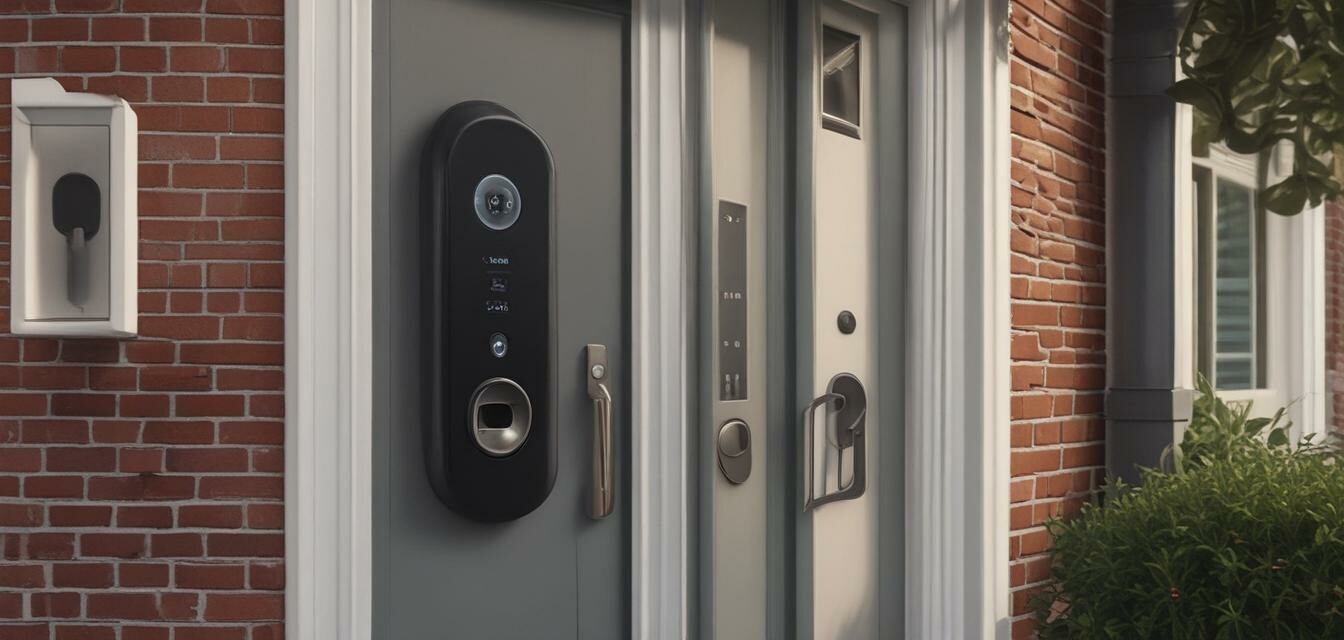
Common Misconceptions About Automated Home Security Systems
There are several myths surrounding automated home security systems:
- They are too expensive: Many affordable options are available.
- Installation is complicated: Most systems offer easy DIY installation.
- Only for high-risk areas: Security is essential for every home.
Pros and Cons of Automated Home Security Systems
Pros
- Increased security and safety for your home.
- Convenient remote access and control.
- Integration with other smart home devices.
- Alerts can be sent directly to your phone.
Cons
- Initial setup costs can be high.
- Dependence on Wi-Fi connectivity.
- Privacy concerns with cameras and data sharing.
Conclusion
Automated home security systems offer a modern solution to protect your home and loved ones. With various components and features available, it’s essential to choose a system that fits your specific needs and budget. By understanding the benefits and drawbacks of these systems, you can make an informed decision about enhancing your home’s security.
Tips for Beginners
- Start with a basic system and expand as needed.
- Research different brands and customer reviews.
- Consider professional monitoring services for added security.
- Test your system regularly to ensure it’s functional.
Explore More
For more information on related topics, check out our other categories:

